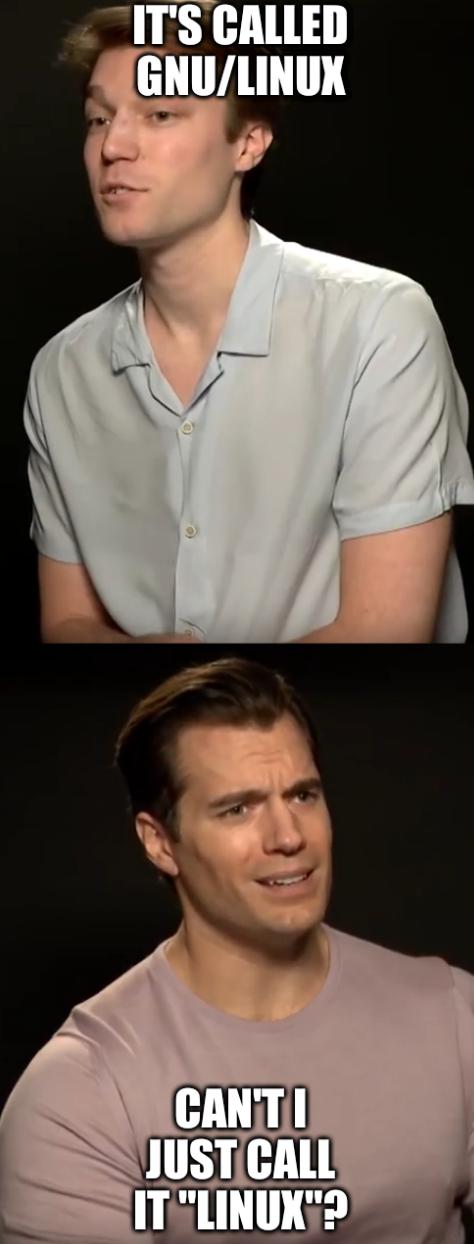

THE Debian-Private archive that we've been studying for about 10 days is interesting because of the many E-mails that allude to kernel development, the FSF, and Richard Stallman. There are also many discussions about licensing, the GPL in particular, and inclusion of non-free (or partly free, i.e. still proprietary) software in Debian.
"Transparency isn't to be feared and and "public interest" (as in SPI) projects need to be understood, if not at present, then at least historically."As we said before, we choose not to highlight too many pertinent messages because that would harm privacy of people who have long not been involved in Debian; many of them are no longer alive, either (some E-mails turn 25 years very soon). The conclusion I've reached, having gone through a couple thousand of these messages (not at random), is that many people are supportive of Stallman (RMS), GNU, and the FSF. There are also some who are hostile towards RMS and the FSF, alleging that they try to micro-manage Debian (the same accusation with the same wording persists to this very day; some GNU developers too have made complaints to that effect). Bruce Perens routinely spoke to RMS and received backlash for it; he called that "politics" and alleged that it had interfered with technical (development) work. He noted that RMS annoyed many kernel developers (when he stated that Linux itself was not an operating system) and also noted that Ian Murdock had enjoyed the FSF's backing -- financial included -- at the earlier days of the project. One can often relate to Perens, who certainly received a share of abuse (despite his very hard work and dedication if not sacrifice) from fellow developers. Some did not want him to speak to RMS and the FSF at all. Some resigned in protest, some flamed him on- and off-list. It's not pretty, but at least now we can see the naked truth. Transparency isn't to be feared and "public interest" (as in SPI) projects need to be better understood, if not at present, then at least historically. We're talking about the 1990s here!

"There's that certain sadness/melancholy going through all these messages, putting aside nostalgic aspects. Back then FSF was big and mighty; many spoke of "GNU", not "Linux". Some said "GNU/Linux"; RMS was only starting to more emotionally (albeit factually) complain about misattribution."So what can we do about the whole thing? For starters, speak about software freedom and remind people why Free software matters; terms like "Open Source" mean different things to different crowds, but to a lot of people it means "code on GitHub" (proprietary) and "Summer of Code" (Google, surveillance).
The world deserves better than subjugation and abduction. If we truly wish to regain control of computing (us controlling computers rather than computers controlling us), we ought to change the conversation.
"RMS has long read Techrights and it's nice to know that Torvalds too reads it sometimes."A couple of hours ago Linus Torvalds responded to an article we had published earlier this month. He had nothing negative to say about that article; "Honestly," he said, "I think those emails are more about Debian culture than they are about me, and you should probably ask the Debian people about them rather than me..."
RMS has long read Techrights and it's nice to know that Torvalds too reads it sometimes. We wish to see a strong and durable GNU/Linux system (we have nothing against Linux as a kernel; the Linux Foundation isn't the kernel but an aberration working against the kernel, helping to put DRM and stuff inside it) and reconcile all or at least most of those differences, as witnessed in the Debian-Private archive (even in the mid-nineties). ⬆